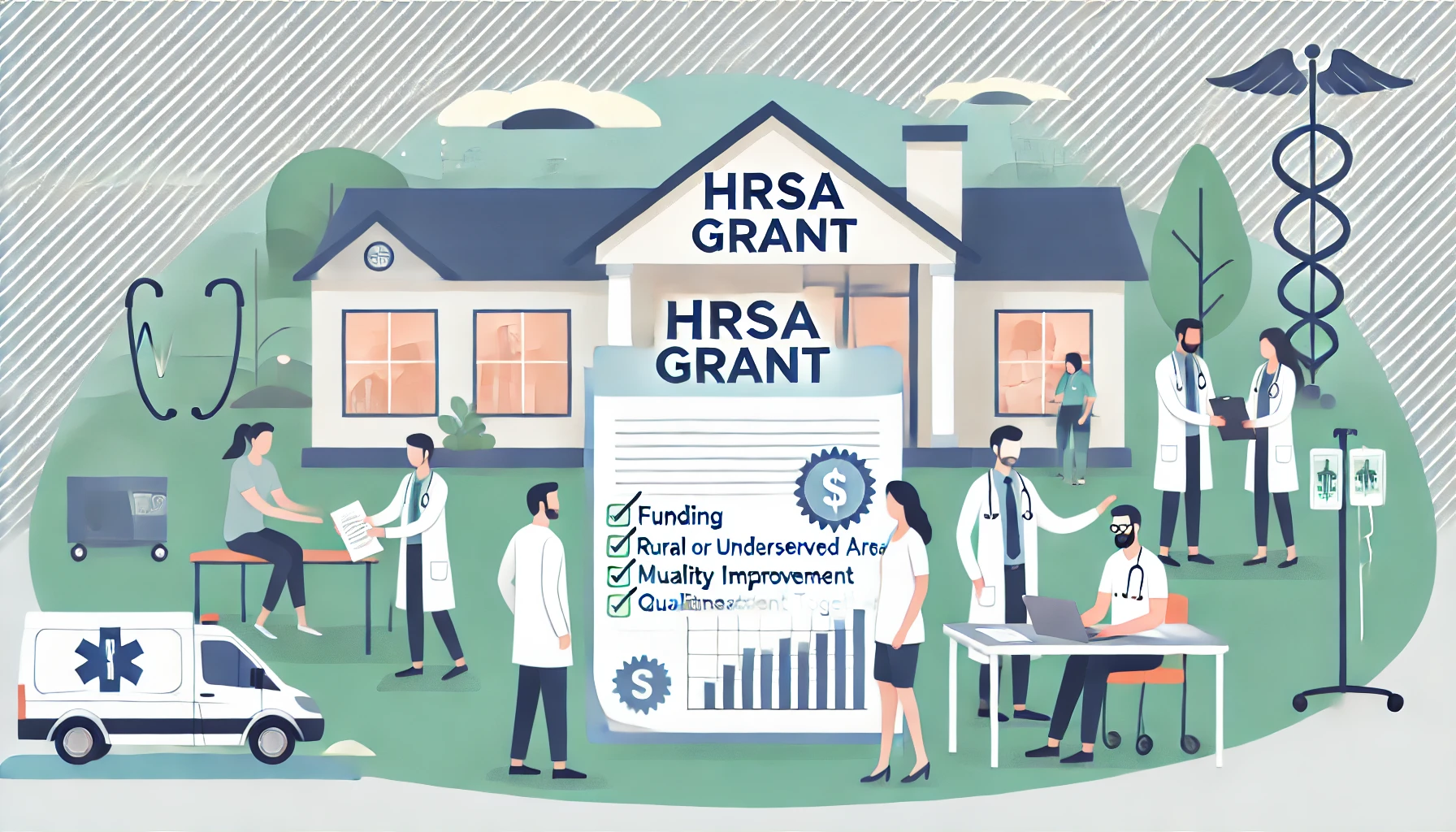
Table of Contents

How Often Should I Review My Doctors and Nurses?
Your ideal medical peer review process depends on your hospital type, specialties, and accrediting body.
Doctors and nurses are the frontline of healthcare. Their direct patient care is vital to a hospital or clinical's patient safety and must be reviewed regularly to ensure safe care.
So, how often should you review these providers? The answer depends on several factors, like the type of review, the type of hospital, and the kind of specialist.

Types of Medical Peer Reviews
A Focused Professional Practice Evaluation (FPPE) is a check to ensure that the doctors and medical staff are doing their job well. Hospitals do FPPEs when there are doubts about a doctor's quality of care. This doubt can arise because something went wrong with a patient or because there isn't enough paperwork to prove the doctor should be allowed to perform certain actions in the hospital. These reviews are conducted as needed.
An Ongoing Professional Practice Evaluation (OPPE) is a review hospitals have to conduct, like a yearly checkup. Some hospitals might need to do it more often, depending on their accreditor, but these are generally conducted annually. Hospital teams need to plan how to do this review, like when to start it, who does it, and how it works. When it's done well, this kind of check can catch problems with patient safety early and help fix any systemic issues.
Nurse reviews may need special considerations, depending on your hospital's location and accreditor. Click here for more information about nursing peer review.
Peer Review Requirements by Accrediting Body
Different accrediting bodies have additional OPPE requirements for their partnered hospitals. See the guide below for more guidance based on your accreditor.
The Joint Commission:
Ongoing professional practice evaluation (OPPE) not exceeding 12 months for hospitals, and no later than 2 years before granting privileges for ambulatory settings.
HFAP:
OPPEs must be conducted at least three times per 2-year reappointment cycle.
DNV:
Reviews must be conducted anytime you observe variation in quality, or at least once in a 3-year reappointment cycle.
Which specialties should I review most?
Deciding which medical specialties to prioritize for review is crucial for proper oversight into your hospital's high-risk areas. You will have to make several considerations. First, assess your hospital's historical data of patient outcomes and which departments face the most incidents. These areas will require more frequent reviews. Additionally, hospitals may reduce legal risks by reviewing statistically high-risk specialties more often. On average, the following specialties face more lawsuits and may benefit from frequent reviews.
- Obstetrics/Gynecology
- Radiology
- Emergency Medicine
- Cardiology
- Urology
An Easier Way to Do Peer Review
Ultimately, the goal is to allocate resources and attention to specialties where improvements in practice can have the most significant impact on patient safety and overall healthcare quality.
Ready to learn more about medical peer review? Read our new guide, Everything You Need to Know About Improving Medical Peer Review, or fill out the form below to get started with Medplace.

Why Every Hospital Needs a Quality and Patient Safety Program
Every hospital needs a quality and patient safety program to reduce harm, improve care, and foster a culture of accountability.
.png)
.png)

HRSA FQHC Requirements: A Comprehensive Guide for Healthcare Providers
When it comes to federally qualified health center requirements, there’s no shortage of regulations, expectations, and—depending on your perspective—opportunities.
.png)
.png)

Unlocking Funding: A Guide to Health Resources and Services Administration (HRSA) Grants
Use HRSA grants to fund external peer review programs that enhance care quality, reduce bias, and support compliance in health centers.
.png)
.png)



.png)
.png)
.png)






.png)